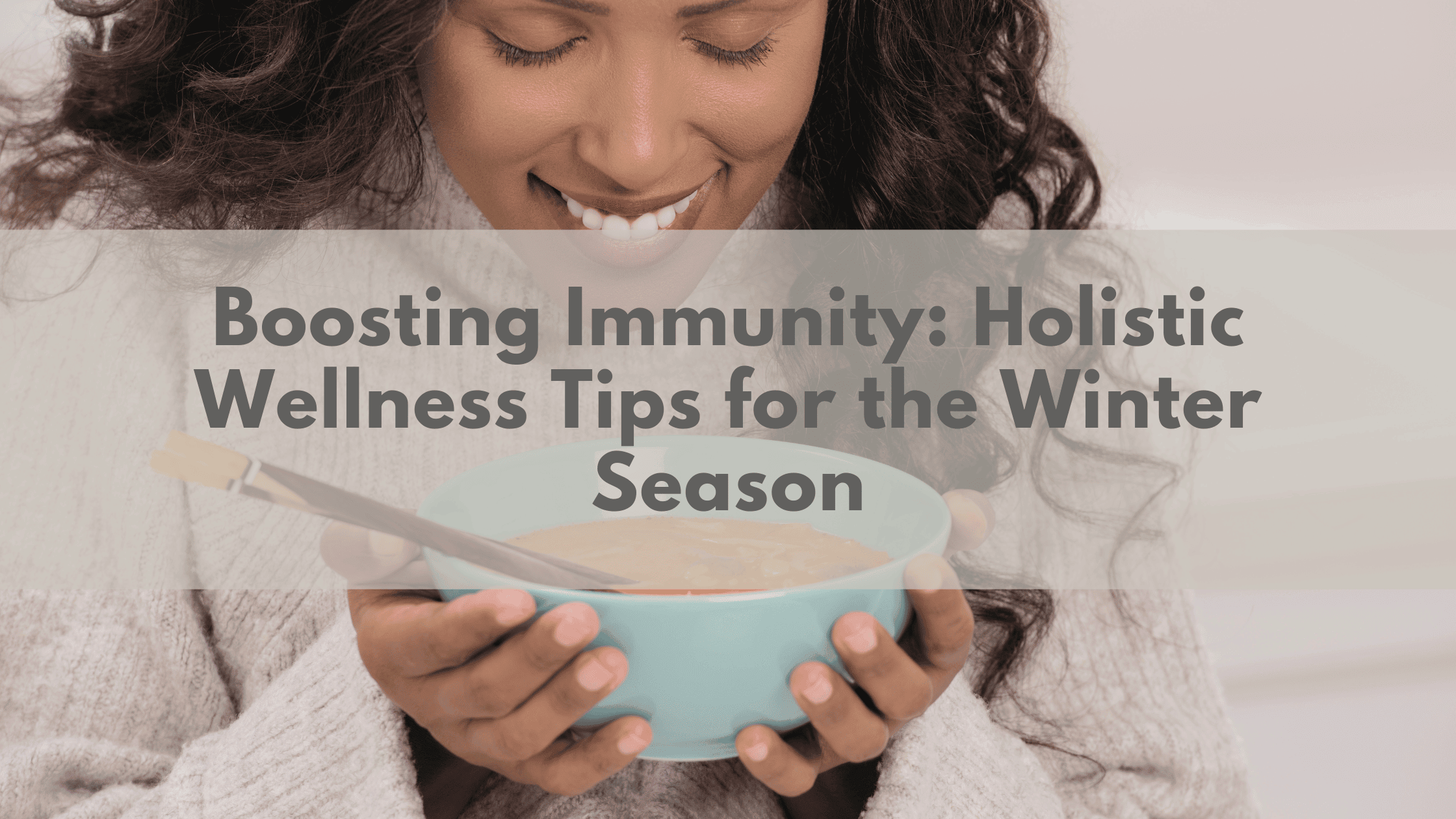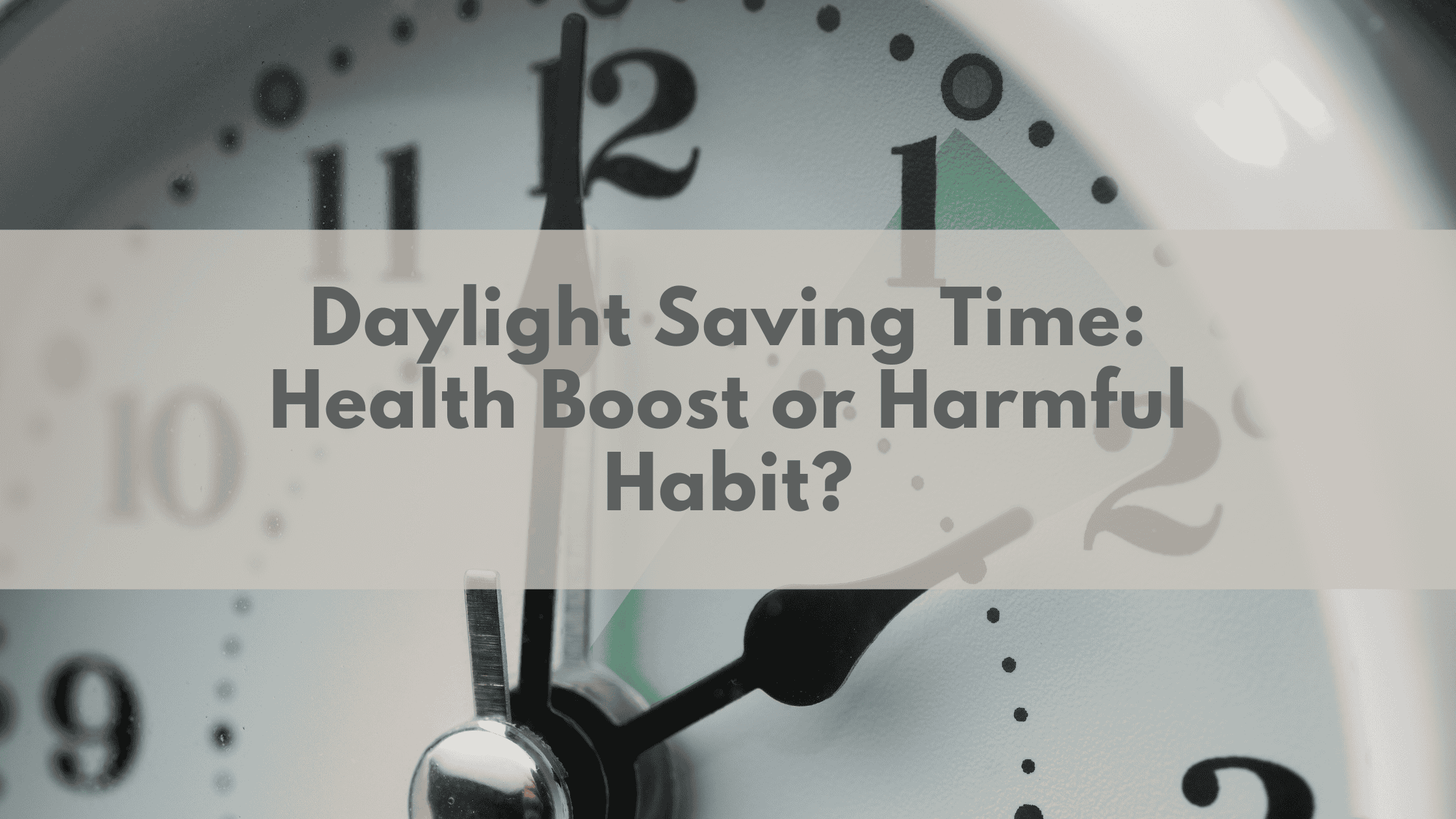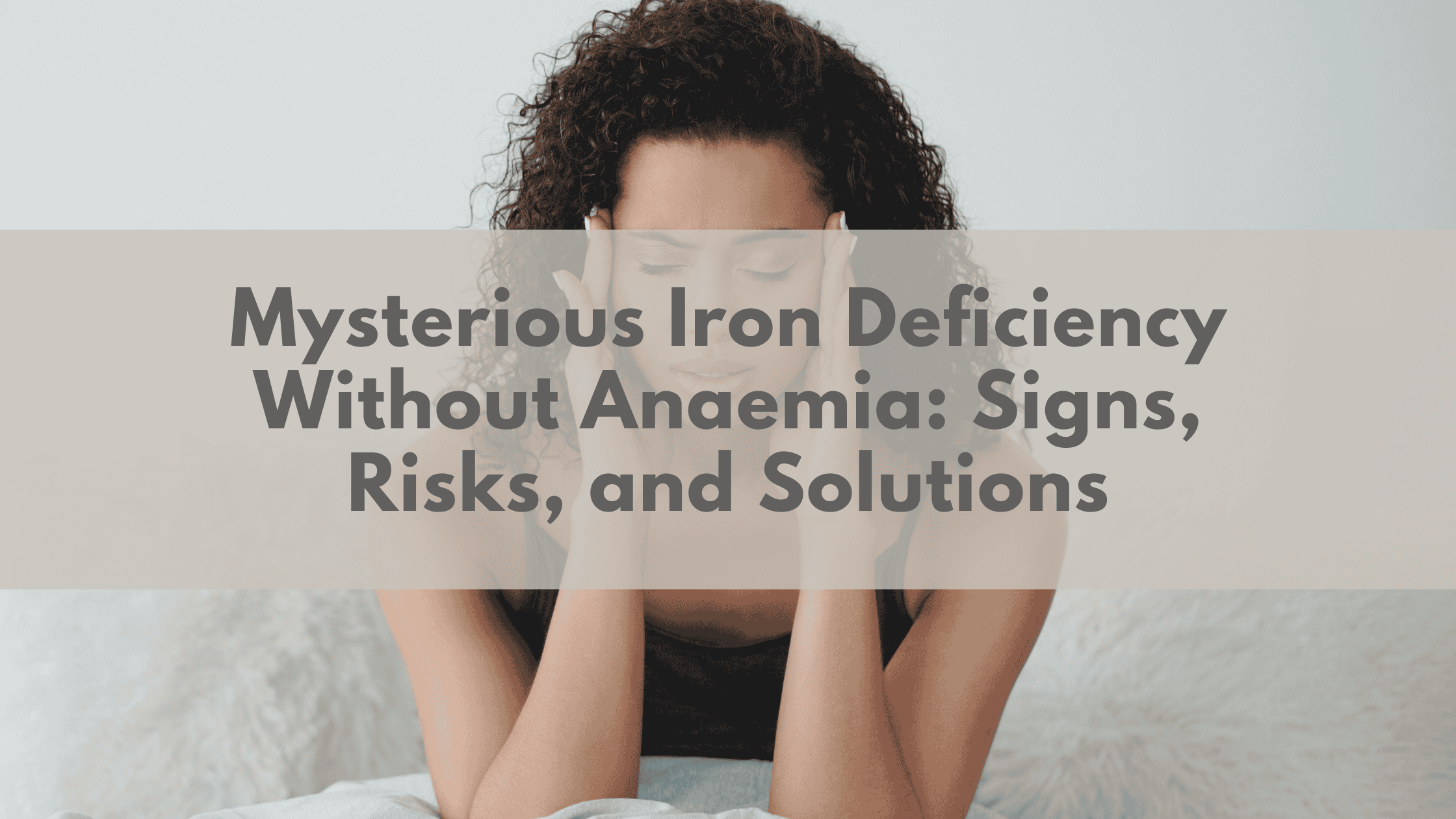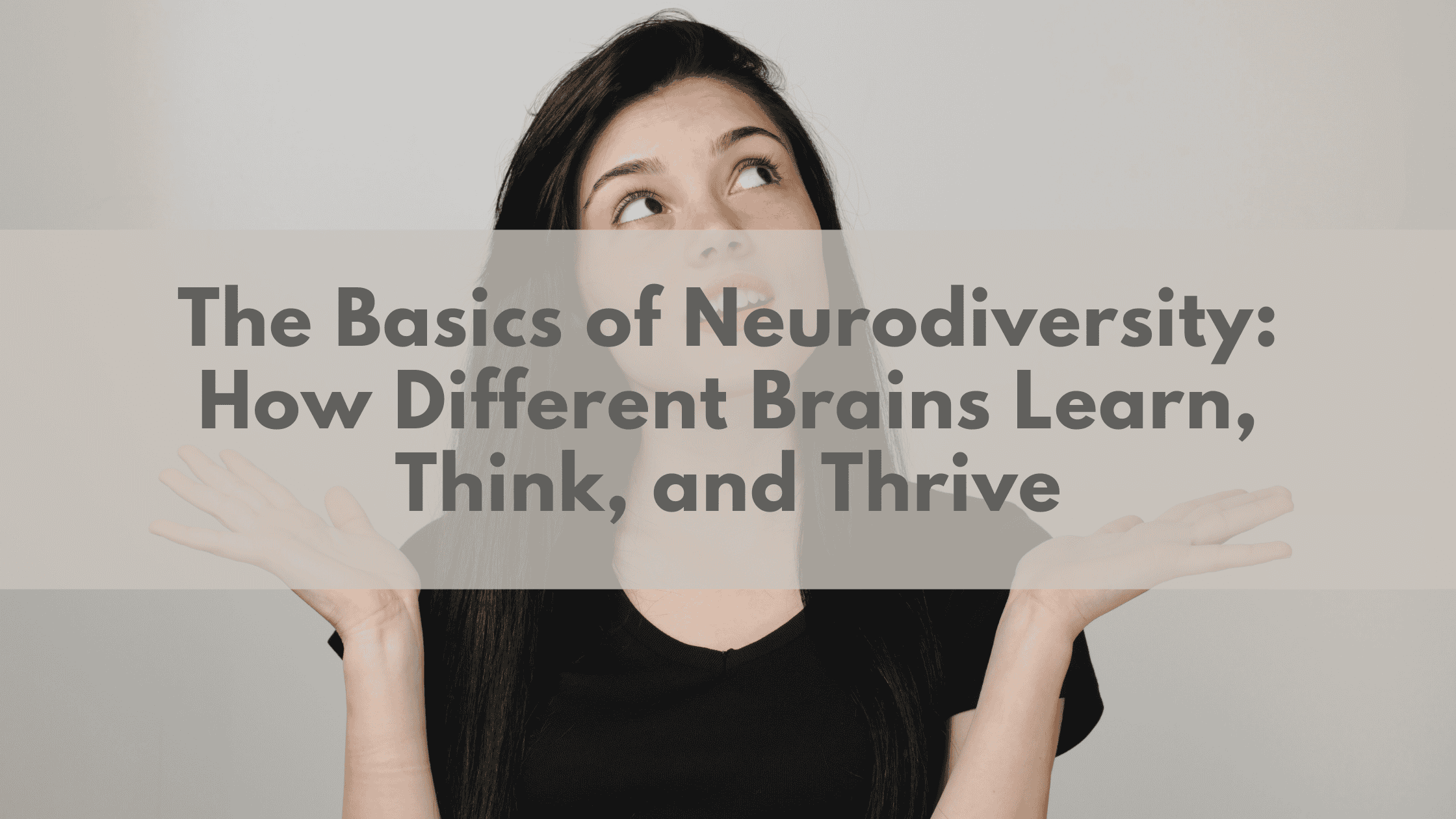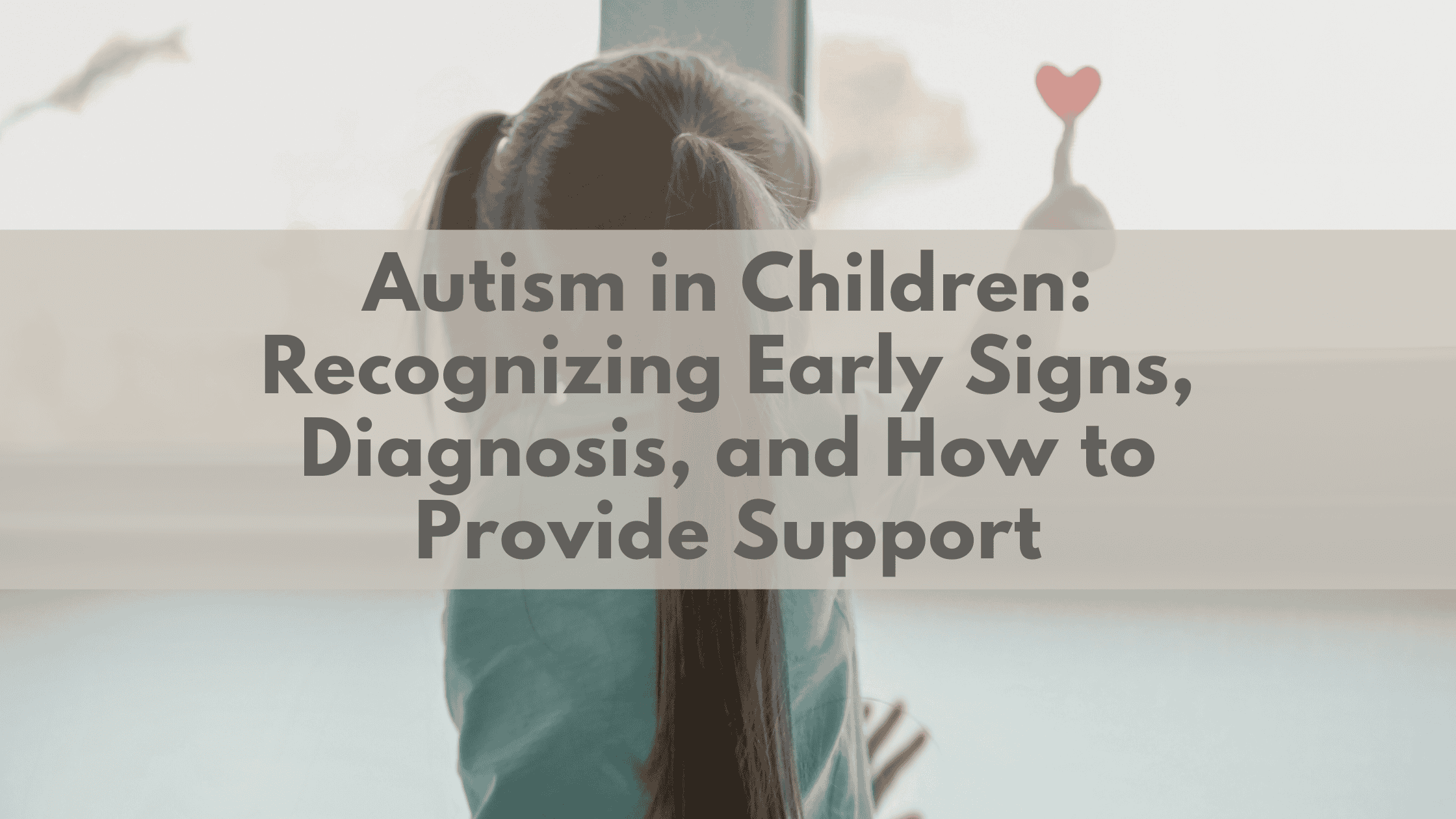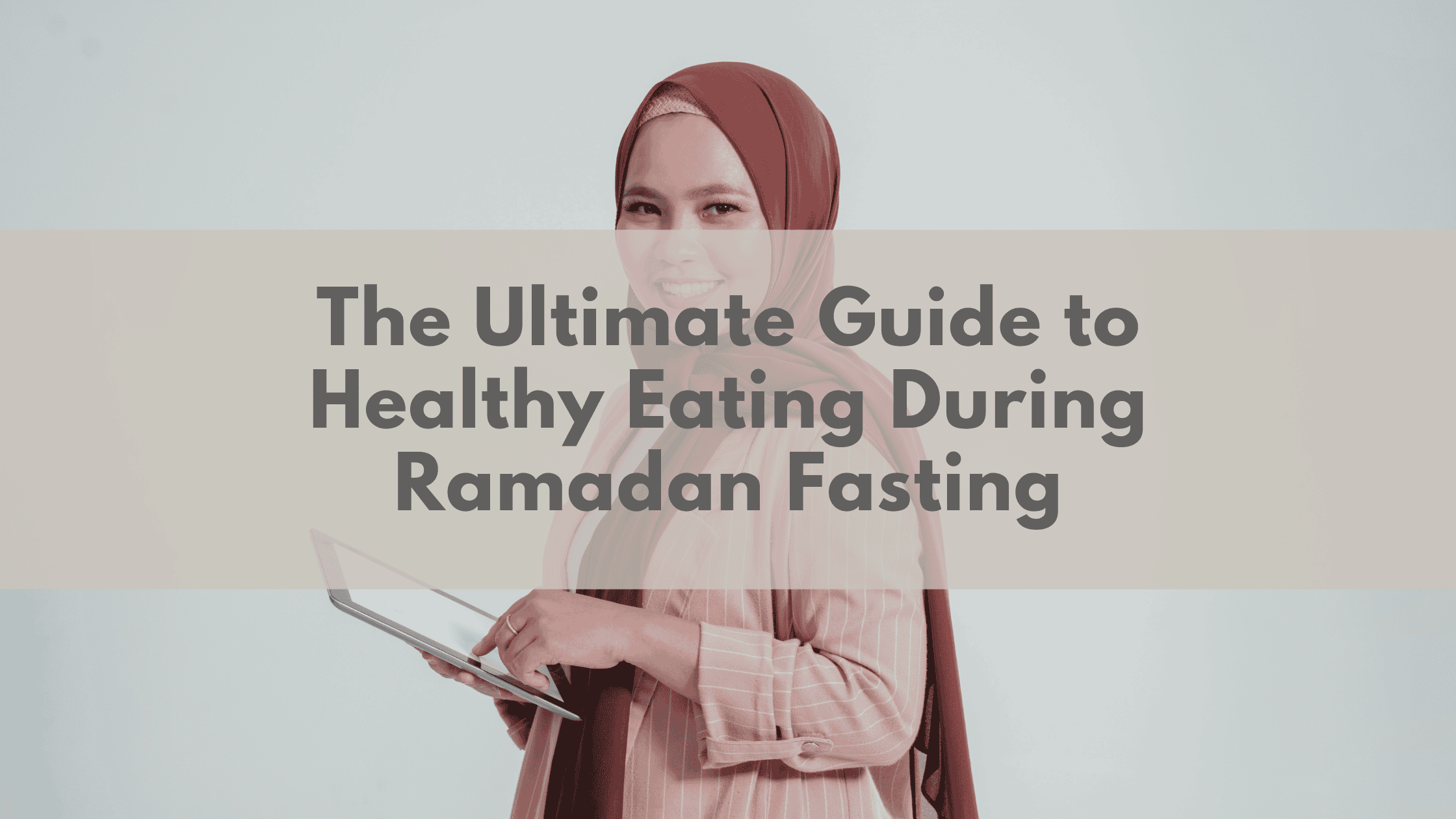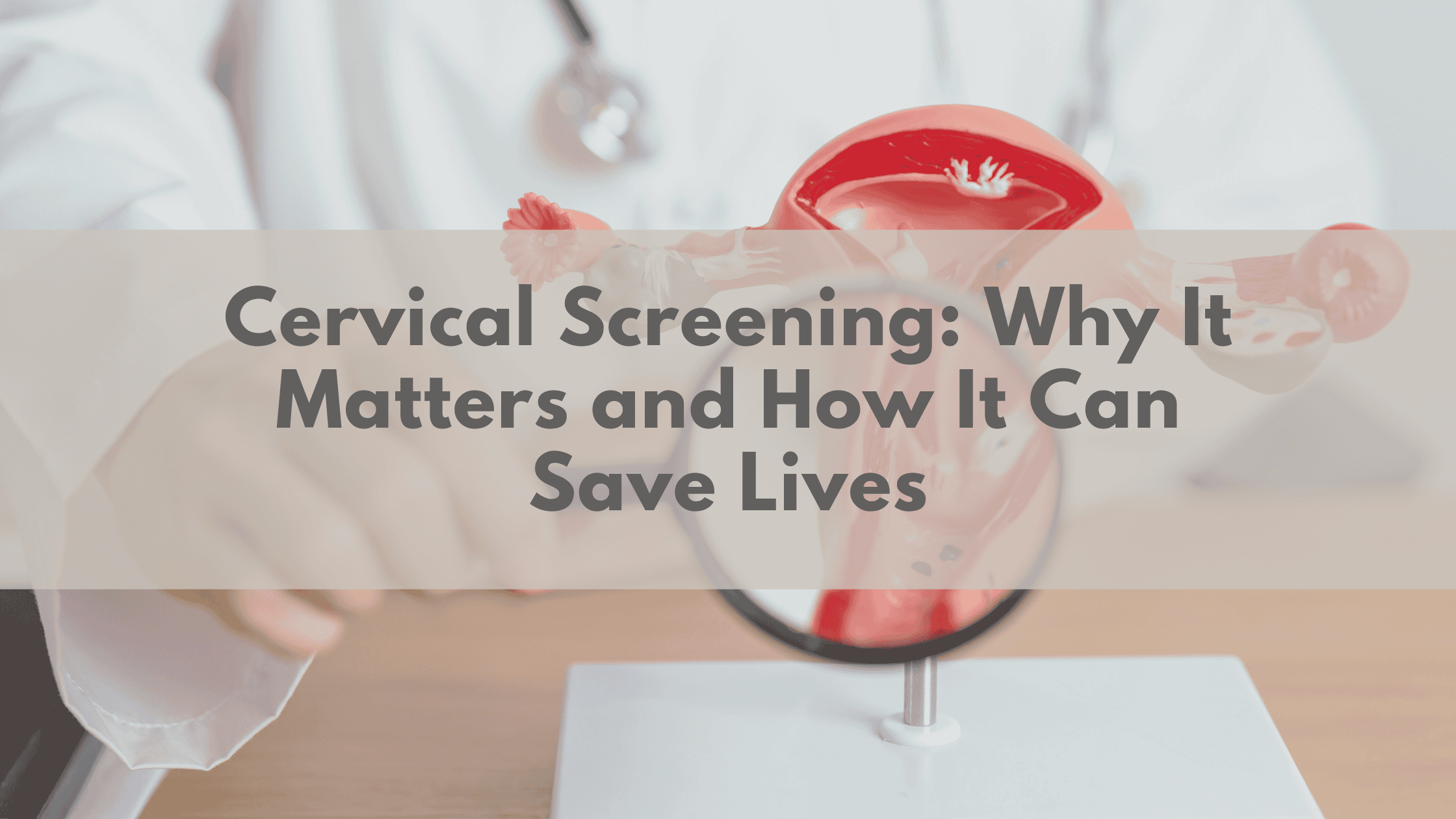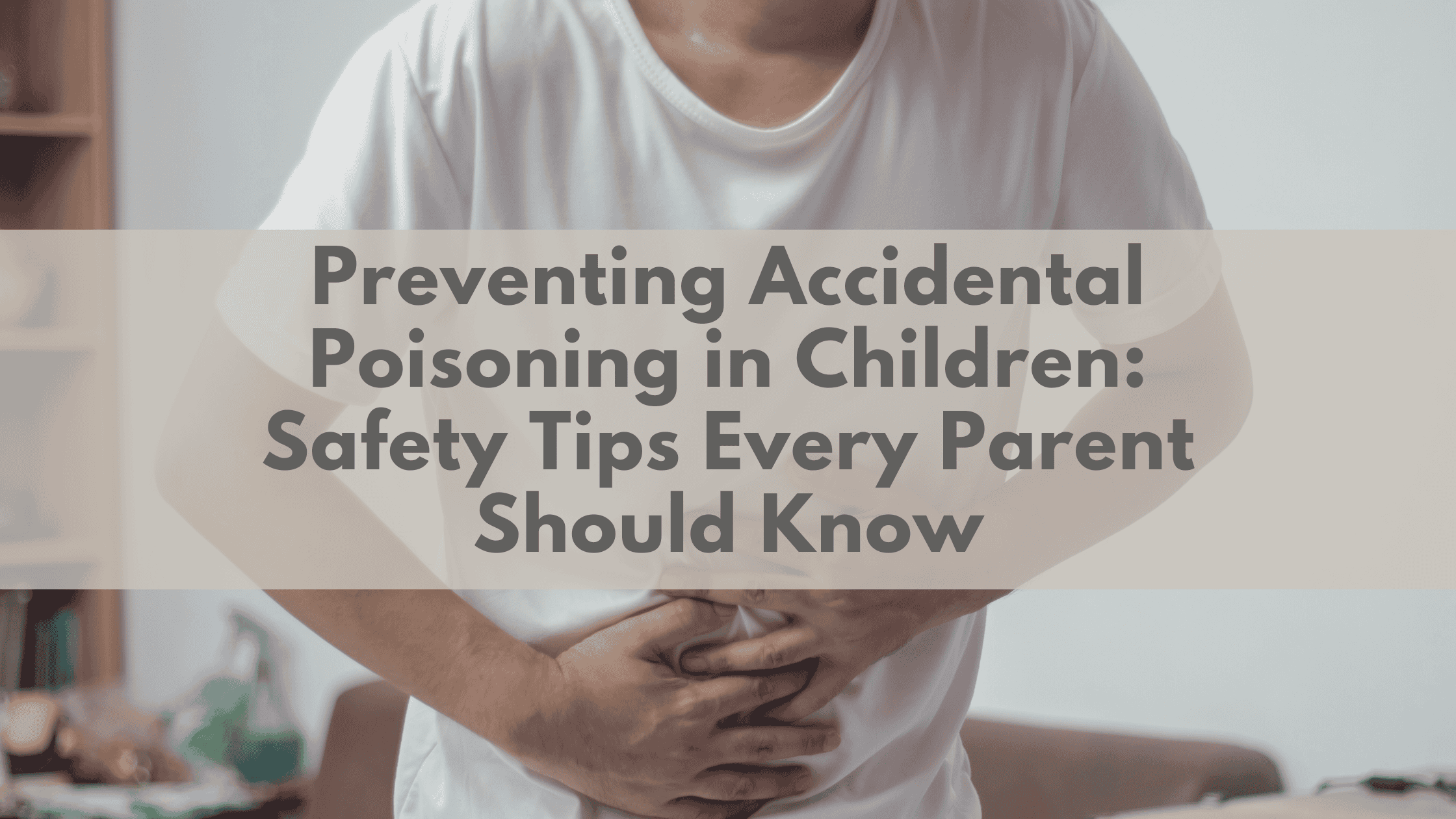When you’re feeling miserable with a runny nose, sore throat, and fatigue, it’s tempting to think antibiotics will get you back on your feet faster. But here’s the truth: for a simple cold, antibiotics do nothing to speed recovery. Understanding when these medications are appropriate protects your health—and helps fight the growing problem of antibiotic resistance.
Blog
As the scorching heat and drying winds of summer give way to the cooler winter months, our skin often begins to show signs of stress. It can become dry, dull, and lacklustre. Winter offers an excellent opportunity to refresh your skin and is widely regarded as the prime season for rejuvenation, especially for professional skin treatments.
Acai berries have taken over health trends, from smoothie bowls to supplements – they are everywhere. Loved for their antioxidant-rich reputation, many people are willing to spend big to make them a part of their daily routine. But here is the catch: they are expensive, not always easy to find, and often sold in highly processed forms that may lose some of their natural goodness.
Chronic back pain is one of the most common health complaints in Australia, affecting an estimated 4 million people – roughly 1 in 6 Australians. While many experience episodes of acute back pain that resolve within weeks, others continue to struggle with persistent discomfort that lasts for months or even years.
Did you know that approximately 70% of your immune system resides in your gut? The gut is home to trillions of bacteria, some of which play an essential role in digestion, immunity, and even mental health. Keeping your gut balanced and healthy can have a significant impact on your overall well-being.
As we age, our skin gradually loses its firmness and elasticity. This natural process is accelerated by external and biological factors such as sun exposure, lifestyle habits, and the gradual decline in collagen and elastin production. The result? Sagging skin, fine lines, and a loss of youthful contour.
Iron deficiency is the most common mineral deficiency worldwide, and iron deficiency anaemia affects approximately 20% of the global population. According to the World Health Organization (WHO), anaemia, primarily caused by iron deficiency, affects 8% of preschool children, 12% of pregnant women, and 15% of non-pregnant women of reproductive age in Australia.
Neurodiversity describes the idea that people experience and interact with the world in diverse ways. There is no single “right” way to think, learn, or behave. Instead of viewing neurological differences as deficits, neurodiversity recognises them as natural and valuable aspects of human diversity.
Autism Spectrum Disorder (ASD) is a complex, lifelong neurodevelopmental condition that affects how a child communicates, interacts socially, and processes the world around them. As autism exists on a spectrum, signs and symptoms can vary widely from child to child. Some may struggle with verbal communication, while others experience challenges with social interactions, sensory sensitivities, or repetitive behaviours.
Ramadan is a sacred month of fasting, reflection, and spiritual growth. Beyond its religious significance, it is also an opportunity to restore a balanced and healthy lifestyle. Through fasting, you learn to manage your eating habits and improve self-discipline, promoting both physical and spiritual well-being.
Cervical health is a crucial aspect of overall well-being, yet it is often overlooked. Cervical cancer is one of the most preventable forms of cancer, yet it remains a significant health concern, particularly for those who do not undergo regular screenings. This highlights the critical role of early detection in reducing risks and ultimately saving lives.
Children are naturally curious explorers, often putting objects in their mouths as they learn about the world around them. According to the Victoria Department of Health, this exploration is a normal part of child development. Young children learn by playing with objects, trying to open containers, and mimicking the actions of siblings or adults. Unfortunately, this curiosity can sometimes lead to accidental poisoning.
Heatwaves can be deadly, so it’s important to stay cool and recognise the signs of heat-related illnesses. These conditions can develop quickly when the body is unable to cool itself in extreme heat, especially with dehydration or strenuous activity. While there’s no age limit to the risk, everyone can take steps to prevent or avoid heat-related illnesses with the right precautions.
Weight loss management is the process of achieving and maintaining a healthy weight through a combination of strategies, including balanced nutrition, regular physical activity, behavioural changes, and, when necessary, medical support. It’s more than just dieting; it’s about creating a comprehensive plan that supports long-term health and well-being.
Respiratory Syncytial Virus (RSV) is a highly contagious virus that primarily affects the respiratory system and is particularly dangerous for newborns and young children. In infants, especially those under 6 months of age, RSV can cause severe respiratory issues like bronchiolitis and pneumonia, leading to difficulty breathing, hospitalisation, and in some cases, respiratory failure.
Tattoos have long been a form of personal expression, but for many, the decision to remove them has become increasingly common. In Australia, approximately 25% of the population has a tattoo, with one in four Australians sporting ink. Among those with tattoos, 22% report some level of regret, and 25% have considered or initiated tattoo removal procedures.

